
Find Help
More Items From Ergsy search
-
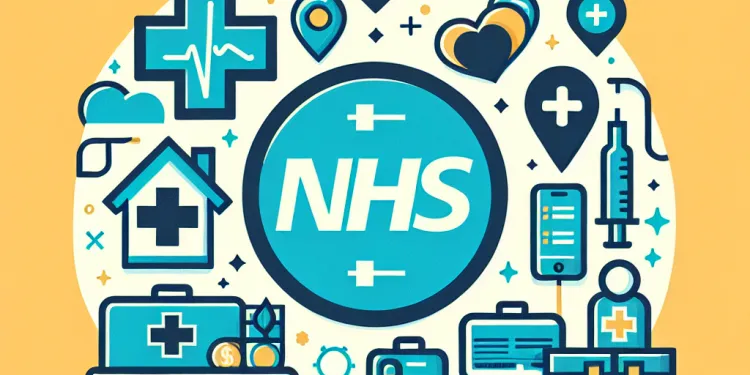
Navigating the NHS: Essential Information for Families
Relevance: 100%
-
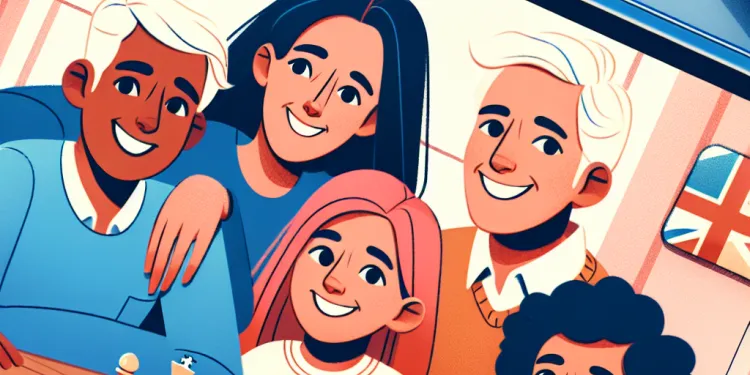
The Benefits of Family Activities
Relevance: 75%
-
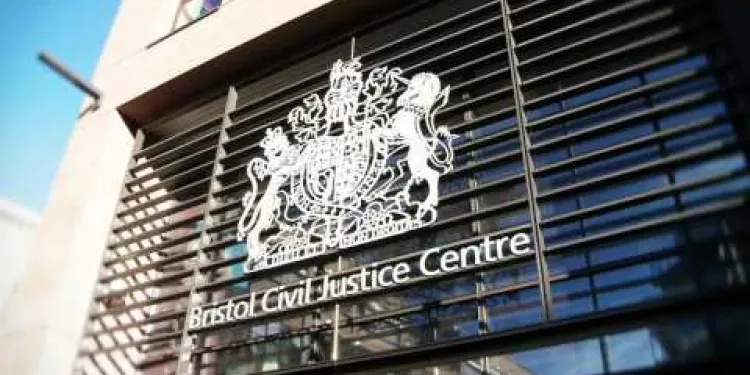
The Family Court without a Lawyer - Video 1 of 3
Relevance: 74%
-
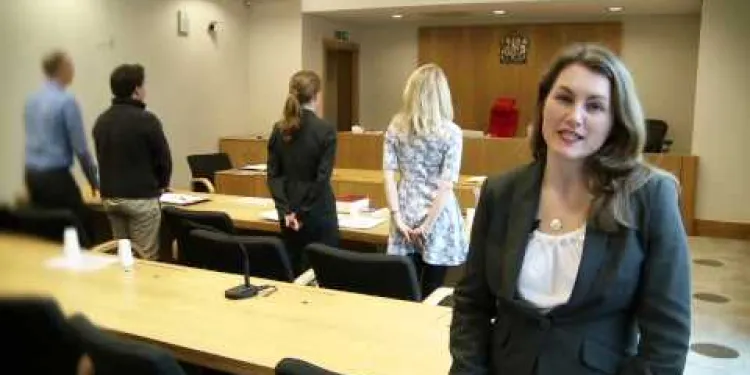
The Family Court without a Lawyer - Video 2 of 3
Relevance: 74%
-
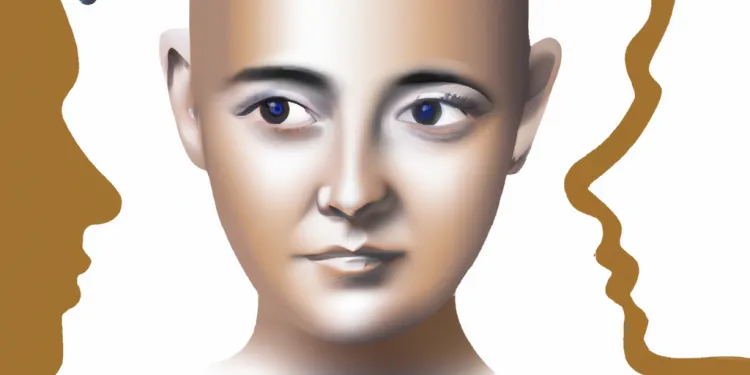
Mental Health Resources for Families
Relevance: 73%
-

Mental Health Support Resources for Families
Relevance: 73%
-

How are ashes returned to the family?
Relevance: 73%
-
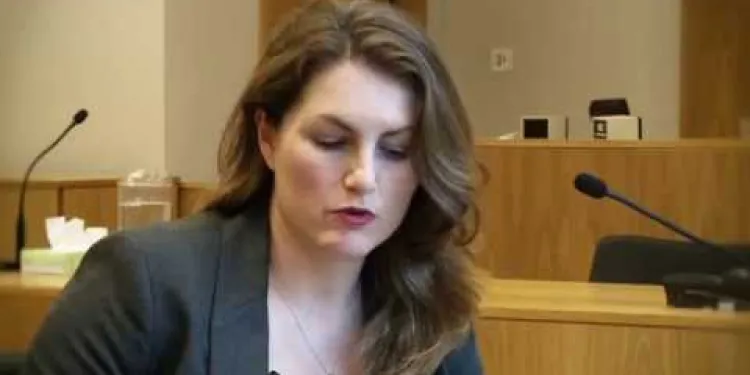
The Family Court without a Lawyer - Video 3 of 3
Relevance: 72%
-
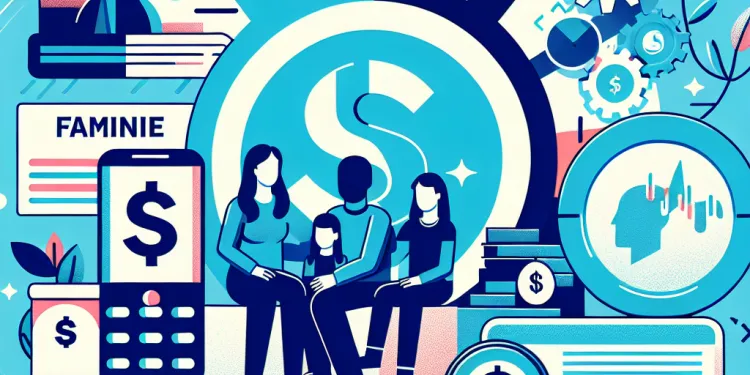
Advancements in Mental Health Resources for Families
Relevance: 72%
-
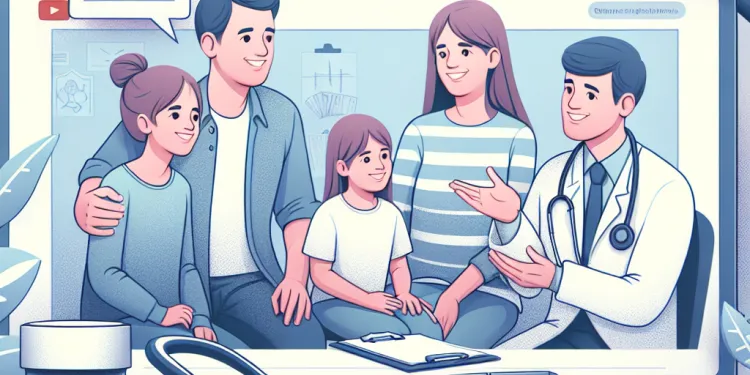
Managing Chronic Illness Within the Family
Relevance: 72%
-
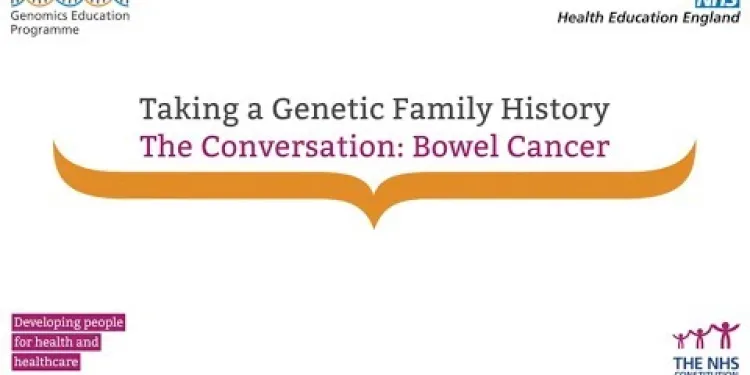
Taking a Genetic Family History - The Conversation (Bowel Cancer)
Relevance: 71%
-
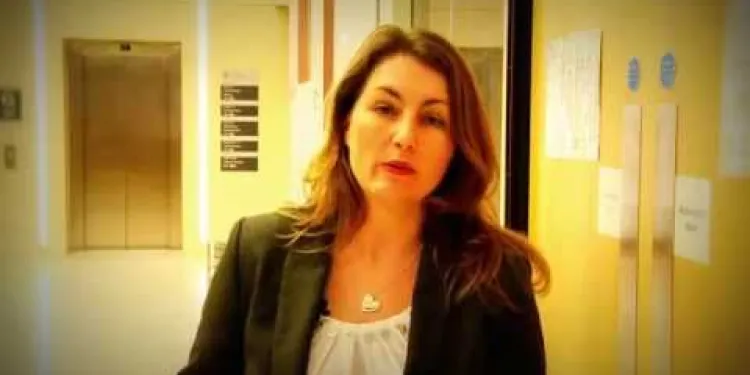
The Family Court without a Lawyer
Relevance: 71%
-

New Government Benefits for Low-Income Families
Relevance: 70%
-
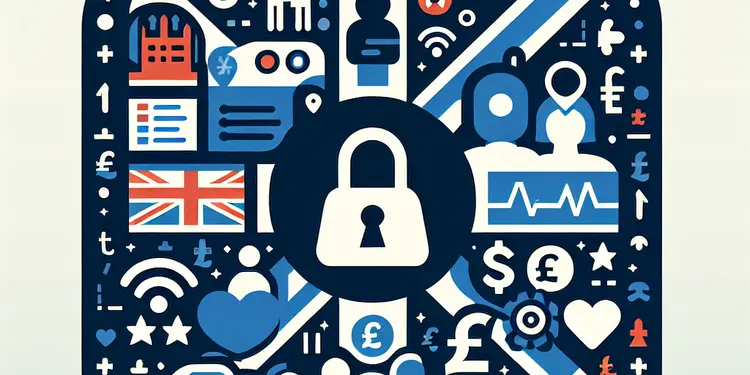
Can family members be involved in the care process on a virtual ward?
Relevance: 69%
-
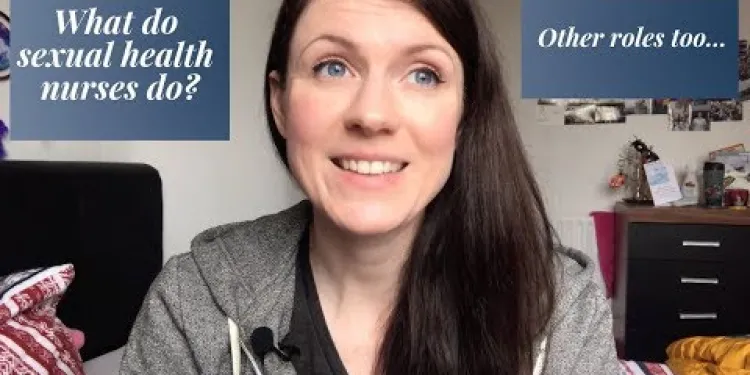
The Different Roles in Sexual Health and Family Planning UK
Relevance: 69%
-
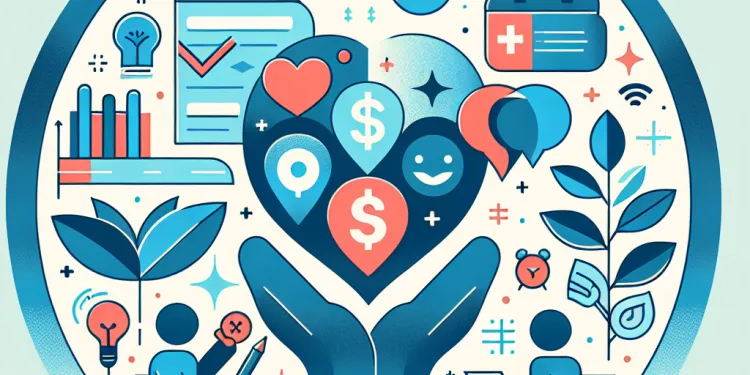
Mental Health Support for Families: Resources and Strategies
Relevance: 68%
-
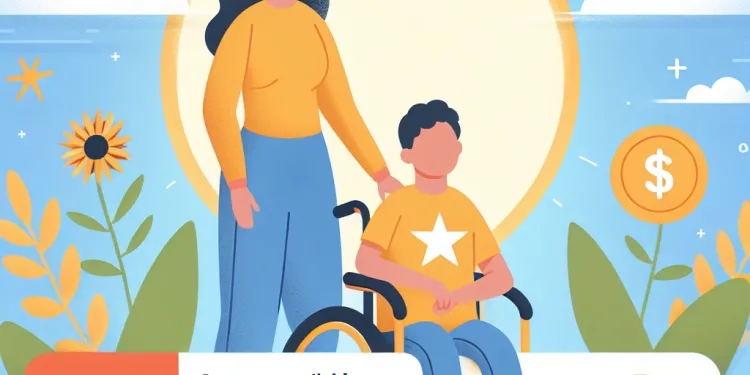
What support is available for families of individuals with PIMD?
Relevance: 68%
-
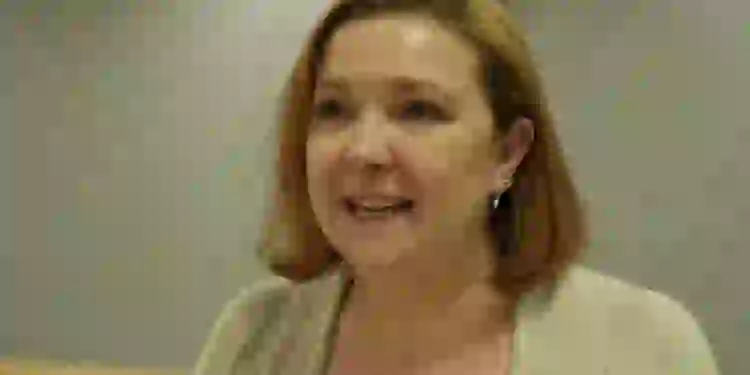
Magistrates in the Family Court: A Private Law Case
Relevance: 67%
-
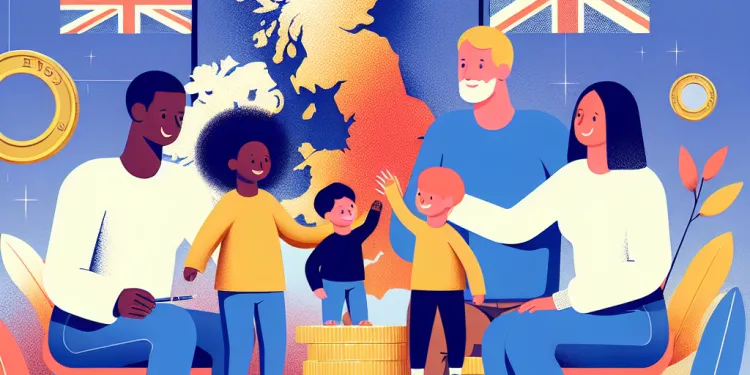
Navigating the UK Cost of Living Crisis: Tips for Families
Relevance: 67%
-
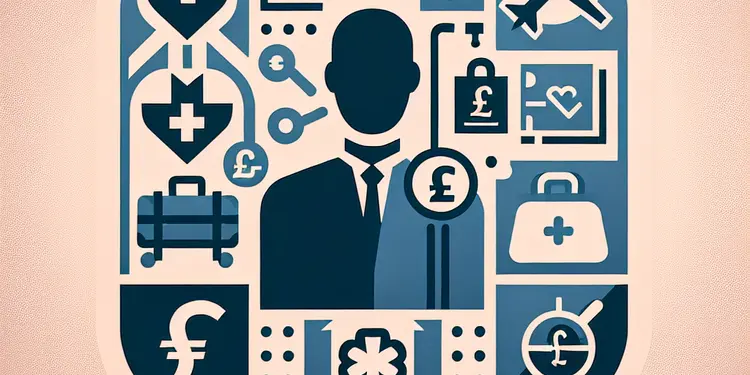
Can I include a family member during my travel for treatment?
Relevance: 67%
-
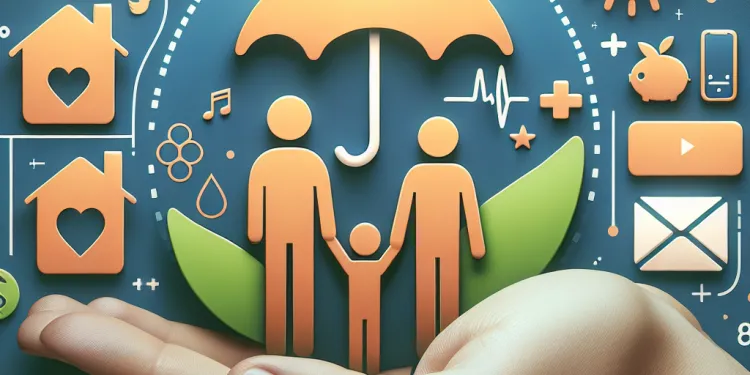
Mental Health Support for Families: Resources and Helplines
Relevance: 67%
-
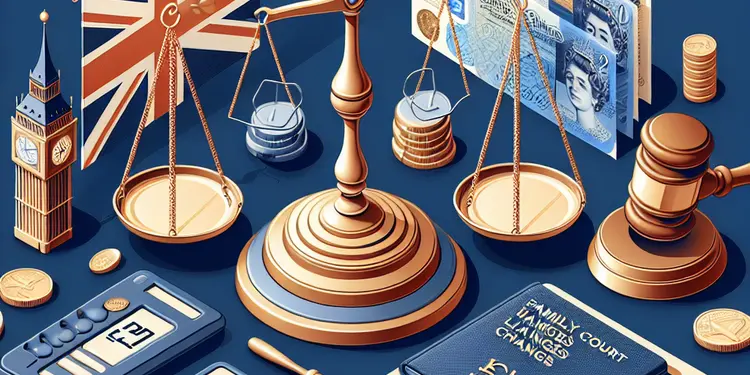
What are the changes to Family Court Law in 2026?
Relevance: 66%
-
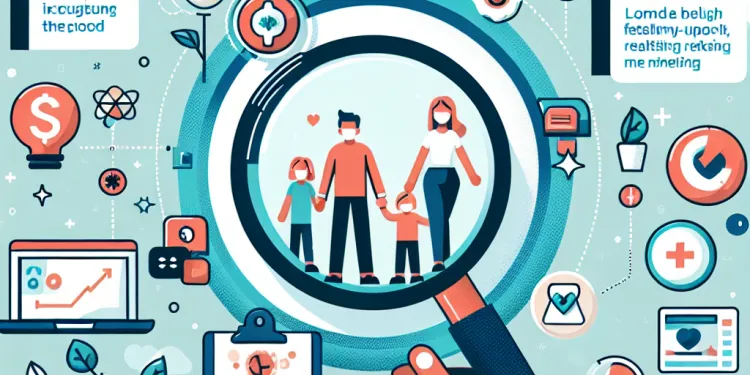
Healthy Family Lifestyle Tips Post-Pandemic
Relevance: 66%
-
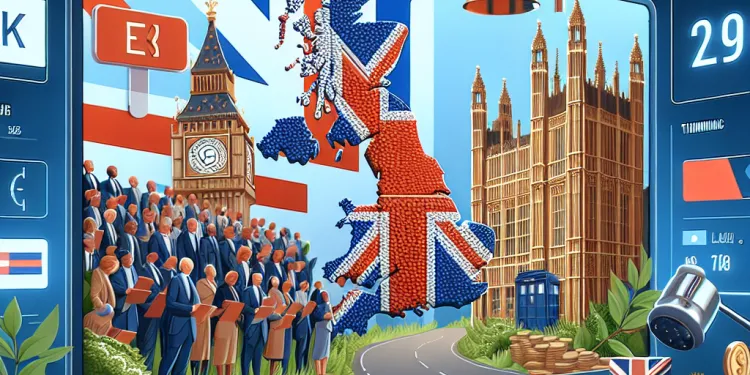
Navigating Changes in Family Law Post-Brexit
Relevance: 66%
-
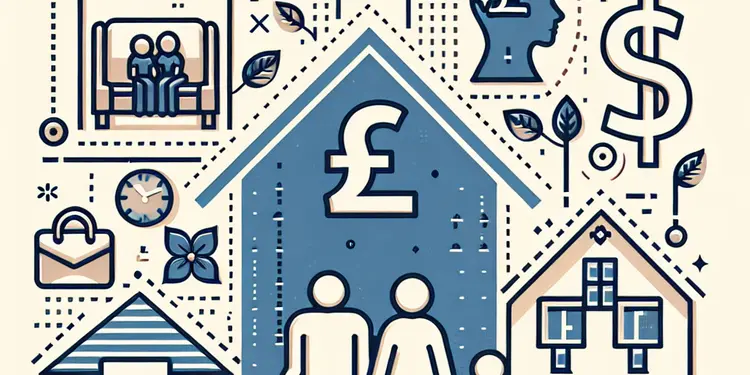
What should families look for in a live-in care agency?
Relevance: 66%
-
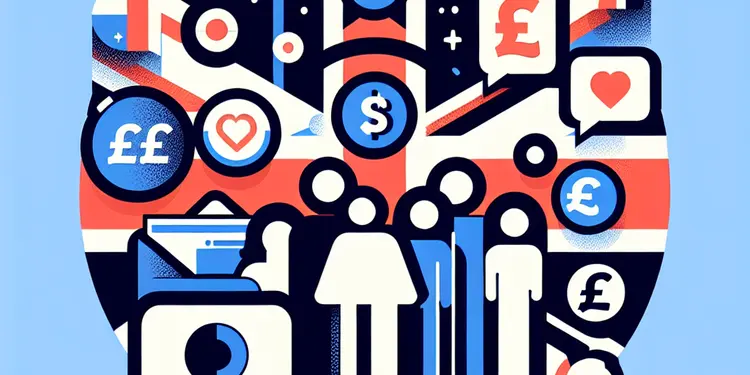
How important is family involvement in identifying grooming behaviors?
Relevance: 66%
-
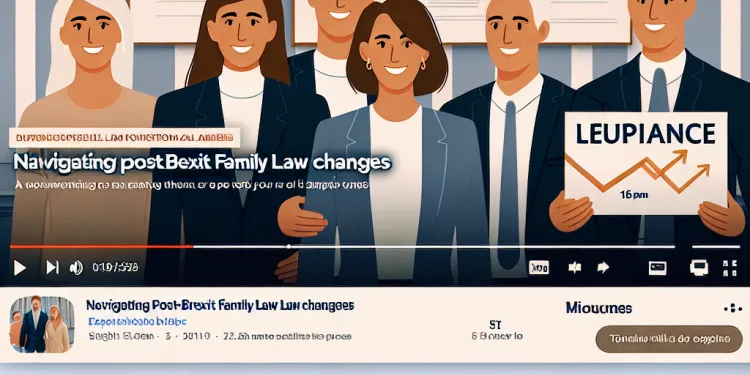
Navigating Post-Brexit Family Law Changes
Relevance: 65%
-
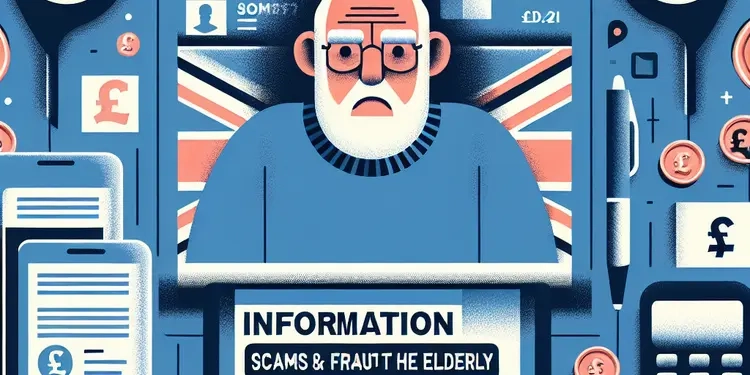
Information on scams and fraud that targets the elderly.
Relevance: 65%
-
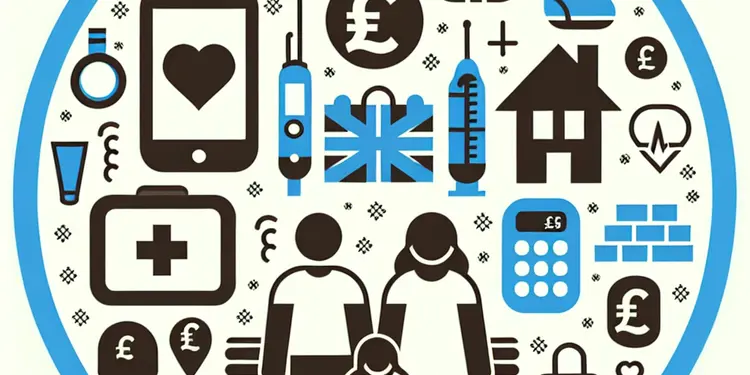
What support is available for families dealing with type 1 diabetes?
Relevance: 65%
-
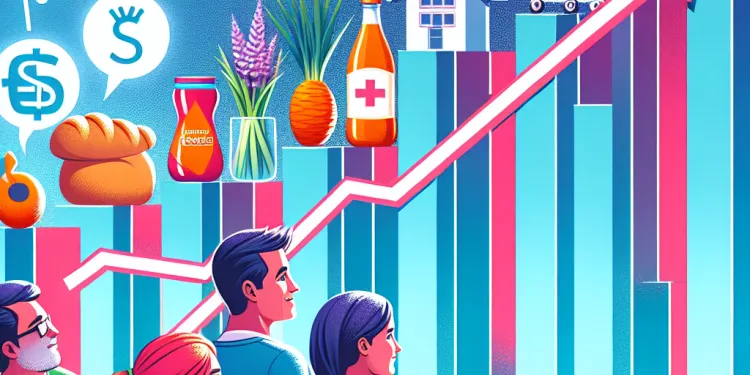
Impact of Rising Living Costs on Family Health
Relevance: 65%
-
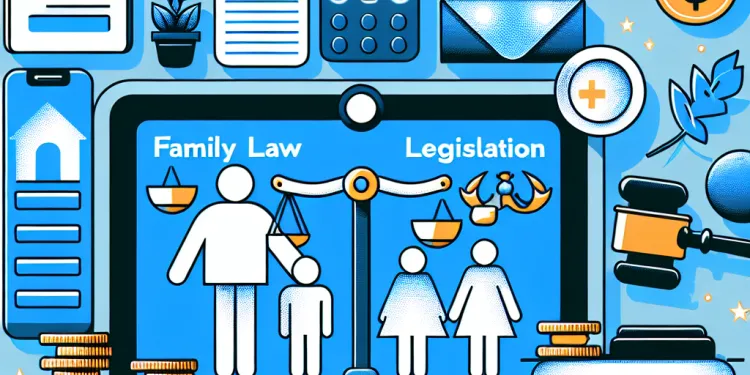
Impacts of Recent Changes to Family Law Legislation
Relevance: 64%
-

Emergency Legal Guidance: Navigating the Impact of Sudden Policy Changes on Families
Relevance: 63%
-

How can families support a member with autism?
Relevance: 63%
-
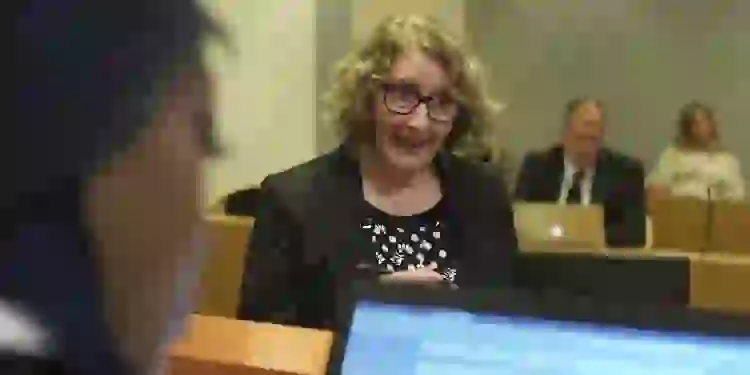
Magistrates in the Family Court: A Public Law Case
Relevance: 63%
-

Can cremation ashes be divided among family members?
Relevance: 63%
-
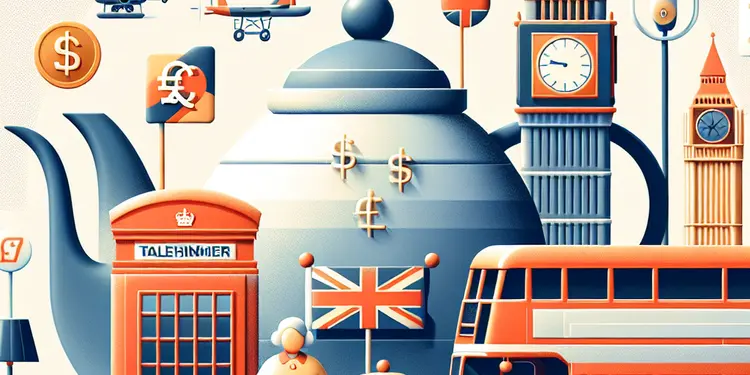
Where can I find information about Alzheimer's disease for carers?
Relevance: 63%
-

Understanding the Impact of Rising Living Costs on Family Welfare
Relevance: 63%
-
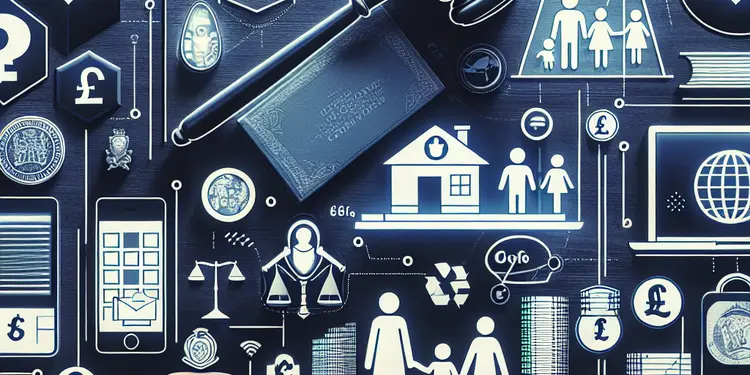
What digital services have been introduced in family courts in 2026?
Relevance: 63%
-

What information do I need to access a food bank?
Relevance: 63%
-

Mental Health Support for Families: Resources and Guidance
Relevance: 63%
Navigating the NHS: Essential Information for Families
Understanding the NHS
The National Health Service (NHS) provides comprehensive health care to residents of the United Kingdom. Established in 1948, it offers a range of services from general practitioner (GP) visits to specialized treatments and emergency care. The NHS is funded by taxpayer money, ensuring that most services are free at the point of use. Understanding how to navigate this system can help families make the most of available resources.
Registering with a GP
To access NHS services, every family should register with a local GP practice. Your GP is your first point of contact for non-emergency health concerns, routine check-ups, and vaccinations. To register, find a GP near you using the NHS website and contact the practice to complete a registration form. Having a registered GP ensures continuity of care and streamlined access to other medical services if needed.
Emergency Care
For emergencies, the NHS provides Accident and Emergency (A&E) departments in hospitals. These are open 24/7 for severe injuries, chest pain, difficulty breathing, and other critical conditions. For less urgent issues, families can use NHS 111, a telephone and online service offering medical advice and directing you to the appropriate care. Save A&E for true emergencies to help avoid overcrowding and ensure prompt treatment for those in dire need.
Specialist and Hospital Care
If your GP determines that specialist treatment or hospital care is needed, they will refer you to the appropriate consultant or department. The NHS aims to provide timely appointments, but waiting times can vary. For certain conditions, hospitals offer specific clinics which can be accessed with a referral. Understanding the referral process helps manage expectations and ensures clear communication with healthcare providers.
Prescription Services
Prescription medications are widely available through the NHS, either via GP prescriptions or hospital doctors. Standard prescription charges apply, but exemptions exist for specific groups such as children, pregnant women, and those with certain medical conditions. You can collect medications from local pharmacies, many of which offer additional services like flu vaccinations and health advice.
Utilising Online Resources
The NHS website is a valuable tool for families, offering comprehensive health information, a service locator for nearby facilities, and an account system for managing appointments. Additionally, many GP practices provide online booking and prescription services, enhancing convenience. Familiarizing yourself with these resources can streamline your interactions with the NHS.
Navigating the NHS: Important Information for Families
What is the NHS?
The National Health Service, or NHS, gives healthcare to people in the United Kingdom. It started in 1948. The NHS helps with doctor visits, special treatments, and emergency care. It uses money from taxes, so most of its services are free. Learning how the NHS works can help your family use it better.
How to Register with a GP
Every family should sign up with a GP, or doctor, close to them. Your GP is the doctor you see first when you are sick or need a check-up. To sign up, find a local GP using the NHS website. Call the GP's office and fill out a form. Having a GP helps you get other healthcare services if needed.
When to Use Emergency Care
If there is an emergency, go to the Accident and Emergency (A&E) department at a hospital. They are open all the time for serious problems, like bad injuries, chest pain, or trouble breathing. For less urgent problems, use NHS 111. It is a phone and online service that gives advice and tells you where to go. Only use A&E for real emergencies to help doctors treat those who really need it quickly.
Specialist Care and Hospital Visits
If your GP thinks you need special treatment or a hospital visit, they will send you to see a specialist. The NHS tries to give you appointments quickly, but you might have to wait. Some hospitals have special clinics for certain health problems. Knowing how these referrals work can help you talk to your healthcare providers.
Getting Medicines with Prescriptions
You can get prescription medicines from the NHS at a pharmacy. You might need to pay for the prescription, but some people, like children or pregnant women, do not have to pay. Some pharmacies also offer other services like flu shots and health advice.
Using Online NHS Resources
The NHS website is very helpful for families. It has lots of health information, shows where the nearest services are, and lets you manage appointments online. Many GP practices also let you book appointments or get prescriptions online. Using these online tools can make using the NHS easier.
Frequently Asked Questions
What is the NHS?
The National Health Service (NHS) is the publicly funded healthcare system for the United Kingdom. It provides healthcare to all UK residents, primarily funded through taxation.
How do I register with a GP?
To register with a GP, you need to find a local GP practice, fill out a registration form, and provide proof of identity and address. Once registered, you can make appointments and access healthcare services.
What should I do in a medical emergency?
In a medical emergency, call 999 for an ambulance or go to the nearest A&E (Accident & Emergency) department. For non-life-threatening emergencies, call NHS 111 for advice.
How can I see a specialist?
To see a specialist, you will usually need a referral from your GP. The GP will assess your condition and, if necessary, refer you to the appropriate specialist.
What services are free under the NHS?
Most services under the NHS are free, including visits to GPs, hospital treatments, and emergency care. However, there are charges for prescriptions, dental care, and optical services unless you qualify for exemptions.
How do I book a GP appointment?
You can book a GP appointment online through your GP practice's website, by calling the practice, or by visiting the practice in person.
What is NHS 111 and when should I use it?
NHS 111 is a helpline for urgent medical advice. It operates 24/7 and can be used when you need medical help fast but it's not a 999 emergency. Call 111 or use the online service.
What should I do if I need out-of-hours care?
If you need medical care outside of your GP's normal hours, call NHS 111 for advice or visit an out-of-hours service. They can guide you to the appropriate care.
How do I get a repeat prescription?
Repeat prescriptions can be requested through your GP practice's online service, by contacting the practice directly, or through the pharmacy if they offer a repeat prescription service.
Can I choose which hospital to be treated at?
Yes, under the NHS Patient Choice scheme, you can choose which hospital you want to be treated at for planned, non-emergency treatments, subject to certain conditions and availability.
What is the role of a community pharmacist?
A community pharmacist can provide advice on minor health issues, dispense medications, offer services like flu vaccinations, and help with managing long-term conditions.
What should I bring to my first GP appointment?
For your first GP appointment, bring any relevant medical records, a list of current medications, and details of any allergies or chronic conditions you have.
How can I access mental health services through the NHS?
You can access mental health services by speaking to your GP, who can refer you to appropriate services. You can also contact local mental health services directly or use NHS 111 for advice.
What are NHS Health Checks?
NHS Health Checks are free checks for adults aged 40-74 to assess the risk of developing conditions like heart disease, stroke, diabetes, and kidney disease. They are usually offered every five years.
What is the NHS e-Referral service?
The NHS e-Referral service lets you book, change, or cancel your appointments online for most hospital and specialist consultations, providing more flexibility and convenience.
What is the NHS?
The NHS means the National Health Service. It helps people stay healthy.
The NHS gives doctors, nurses, and other health helpers. They help if you are sick or have hurt yourself.
If you need medicine, the NHS can help you get it from a place called a pharmacy.
There are lots of hospitals in the NHS. People go there when they need bigger help.
To ask questions or learn more, you can visit a website like the NHS site for more info.
The National Health Service, or NHS, is a big part of how people in the UK get medical help. It is paid for by the government, through money called taxes. The NHS helps everyone who lives in the UK get the care they need.
How do I sign up with a doctor?
1. Find a doctor you like. You can ask friends or family for ideas.
2. Go to the doctor's office. It's called a GP surgery.
3. Tell the receptionist you want to sign up as a patient.
4. Fill out a form with your name, address, and phone number.
5. Show your ID and a proof of address like a letter or bill.
If you need help reading or writing, ask someone you trust to help. You can also use a computer or tablet to look for information online.
To sign up with a doctor, follow these steps:
1. Find a doctor's office near you. This is called a GP practice.
2. Fill out a sign-up form. This form helps the doctor know who you are.
3. Show a paper that says who you are. Show a paper that says where you live.
After you sign up, you can book times to see the doctor. You can also use health services.
If you need help, you can ask a friend or family member. You can also use online tools like ClearText or text-to-speech apps to make it easier to fill out forms.
What to Do in a Medical Emergency
If someone is really hurt or sick, it's called a medical emergency. Here is what you can do:
- Stay Calm: Try to stay quiet and think clearly.
- Call for Help: Dial emergency services right away. In many places, the number is 911.
- Listen: The person on the phone will give you instructions. Follow them carefully.
- Stay with the Person: Keep the person safe and talk to them until help arrives.
Tools that can help:
- A mobile phone to call for help.
- A first aid kit if you know how to use it.
- A reminder card with the emergency number.
If someone is really hurt or sick, call 999 for an ambulance. Or go to the closest A&E (Accident & Emergency) place. If it's not very serious, call NHS 111 for help.
How can I see a special doctor?
If you need to see a special doctor, here are some steps you can follow:
- Talk to your regular doctor. Tell them why you need to see a special doctor.
- Your regular doctor can help find the right special doctor for you.
- They might need to give you a note or make an appointment for you. This is called a "referral."
- When you go to the special doctor, you can take a friend or family member with you if it makes you feel better.
- If you have trouble understanding, ask the doctor to explain things in a simple way.
Some helpful tips:
- Use a calendar to remember your appointment date.
- Write down any questions you have before your visit.
- Tell the doctor if you need extra help to understand.
If you need to see a special doctor, you usually need a note from your regular doctor. The regular doctor will check how you are and, if you need it, they'll send you to the right special doctor.
What services can you get for free from the NHS?
The NHS gives people free help when they are sick or need care. Here is a list of some things you can get for free:
- See a doctor or nurse when you feel unwell.
- Go to the hospital if you need special care.
- Get medicine prescribed by your doctor.
- Check your eyes and ears.
- Get help with your teeth.
These services help you stay healthy and feel better. If you need more information, you can ask a doctor or nurse. You can also use pictures or videos to understand better.
Most things in the NHS are free. You don't pay to see a doctor or go to the hospital. You also don't pay for emergency care.
But, you do pay for medicine, dentist visits, and eye care. You might not have to pay if you have special reasons why you can't.
If reading is hard, you can ask someone to help you. You can also use tools like read-aloud apps or audiobooks to make it easier.
How can I see a GP?
If you need to see a doctor, called a GP, you can book an appointment.
Here’s how to do it:
- Call your doctor’s office. Someone will help you set a time to visit.
- Use a website to book online. You will need to type your details.
- Visit the doctor’s office. You can ask the person at the front desk to help you book.
Don't forget to write down the date and time of your appointment!
Tips to help you:
- If you find reading hard, ask someone you trust to help you.
- Use a calendar to remember your appointment day.
- You can use a text-to-speech tool to hear the information out loud.
You can make a doctor's appointment online by using your doctor's website. You can also call the doctor on the phone or visit the doctor’s office in person to book an appointment.
What is NHS 111 and when should I use it?
NHS 111 is a service that helps you when you are feeling unwell and you are not sure what to do. You can call 111 or visit their website.
You should use NHS 111 if:
- You need medical help quickly but it's not an emergency.
- You don’t know who to call or you don't have a doctor to speak to.
- You need health advice or information on what to do next.
You can also get help in different ways:
- Use the phone to call 111.
- Visit the NHS 111 website for online help.
If it's an emergency, call 999 or go to a hospital.
NHS 111 is a phone line you can call if you feel sick or hurt. They help you quickly when it is not an emergency. You can call at any time, day or night. If you don't want to call, you can also use their website.
What can I do if I need help when the doctor’s office is closed?
If you need a doctor when your regular doctor is closed, you can call NHS 111 for help. You can also go to a special service that is open after normal hours. They will tell you what to do to get the right help.
How can I get my medicine again?
You can ask for your medicine again in three ways:
1. Go to your doctor's website and ask there.
2. Call or visit your doctor's office and ask them.
3. Talk to your pharmacy. Some pharmacies can help you get your medicine again.
Can I pick which hospital to go to?
Yes, you can pick which hospital you want to go to for your treatment. Here are some tips that can help you decide:
- Ask your doctor: Talk to your doctor about the best hospitals for your care.
- Look online: Use the internet to find information about different hospitals.
- Ask friends or family: They might know good hospitals they have been to.
- Use a map: Find a hospital that is easy for you to get to.
If you need help, ask someone you trust to help you pick the best hospital for you.
Yes, you can pick which hospital you want to go to for planned treatments. This is part of the NHS Patient Choice program. But, there are some rules and it depends on space at the hospital.
If this is hard to read, ask someone you trust to help. You can also try using tools like a text-to-speech app to read it out loud for you.
What does a community pharmacist do?
A community pharmacist is a person who helps people get the medicine they need.
They work in places like local pharmacies or drugstores. They make sure you get the right medicine and can tell you how to take it safely.
If you have questions about your medicine, they can help you understand it better.
Some tools that can help include:
- Talking to the pharmacist if you have questions
- Using pictures or videos to learn how to take medicine
- Having a friend or family member help you
A pharmacist in your local area can help you with small health problems. They can give you medicine, give you a flu shot, and help you manage any long-term health issues.
What do I need to take to my first doctor visit?
Going to the doctor for the first time? Here is a simple list of things to bring:
- Your ID card: This helps the doctor know who you are.
- Your health card: This lets you use health services.
- A list of your medicines: Write down any medicine you take.
- Questions for the doctor: Write down anything you want to ask.
- A notebook and pen: Use these to write notes during the visit.
- A friend or family member: They can help you remember what the doctor says.
These things will help you have a good visit with the doctor. Remember, it’s okay to ask questions if you don’t understand something.
For your first time seeing the doctor, bring these things:
- Your important medical papers.
- A list of medicines you take now.
- Details about any allergies you have.
- Information about any long-term illnesses or health problems you have.
If it helps, you can ask someone to come with you or write things down so you feel ready.
How can I get help for my mental health from the NHS?
If you are feeling upset, worried, or not yourself, the NHS can help you. Here is how you can get help:
Talk to your doctor: You can visit your local doctor. Tell them how you feel. They can help you find the right services.
Look online: You can visit the NHS website. It has lots of information about mental health. You can learn about different services and how to get help.
Call for help: You can call NHS helplines. They can answer your questions and give advice.
Remember, it is okay to ask for help. You are not alone.
These tools can help you find information:
- Use big text: You can change settings on your phone or computer to make text bigger.
- Listen to the text: Use apps or settings to read text out loud. This can help you understand better.
You can get help for your mental health by talking to your doctor. They can help you find the right people to talk to. You can also call your local mental health services for help, or dial NHS 111 for advice.
What are NHS Health Checks?
NHS Health Checks are free health check-ups for adults in England. They are like a "health MoT" to see if you're at risk of certain health problems.
During the check, they look at your heart health, how you breathe, and other important health things.
After the check, you get advice on how to stay healthy and what to do next.
Here are some helpful tools:
- Pictograms or Pictures: Use simple images to understand the health information better.
- Audio Support: Listen to someone reading the information out loud.
- Help from a Friend or Family Member: Ask someone you trust to explain things to you.
Free health checks from the NHS help people aged 40-74. The checks see if you might get sick with things like heart problems, strokes, diabetes, or kidney problems. You can get a check every five years.
What is the NHS e-Referral service?
The NHS e-Referral service is a way to help you see a doctor or a specialist. It helps make appointments for you. You can choose where and when to go.
You might need help from a grown-up to use it. They can help you choose the right time and place.
You can also ask someone to read the information to you.
If you find reading hard, you can use apps that read words out loud.
The NHS e-Referral service helps you book, change, or cancel your doctor appointments online. This makes it easier and more flexible for you.
Useful Links
This website offers general information and is not a substitute for professional advice.
Always seek guidance from qualified professionals.
If you have any medical concerns or need urgent help, contact a healthcare professional or emergency services immediately.
Some of this content was generated with AI assistance. We’ve done our best to keep it accurate, helpful, and human-friendly.
- Ergsy carfully checks the information in the videos we provide here.
- Videos shown by Youtube after a video has completed, have NOT been reviewed by ERGSY.
- To view, click the arrow in centre of video.
- Most of the videos you find here will have subtitles and/or closed captions available.
- You may need to turn these on, and choose your preferred language.
- Go to the video you'd like to watch.
- If closed captions (CC) are available, settings will be visible on the bottom right of the video player.
- To turn on Captions, click settings .
- To turn off Captions, click settings again.
More Items From Ergsy search
-

Navigating the NHS: Essential Information for Families
Relevance: 100%
-

The Benefits of Family Activities
Relevance: 75%
-

The Family Court without a Lawyer - Video 1 of 3
Relevance: 74%
-

The Family Court without a Lawyer - Video 2 of 3
Relevance: 74%
-

Mental Health Resources for Families
Relevance: 73%
-

Mental Health Support Resources for Families
Relevance: 73%
-

How are ashes returned to the family?
Relevance: 73%
-

The Family Court without a Lawyer - Video 3 of 3
Relevance: 72%
-

Advancements in Mental Health Resources for Families
Relevance: 72%
-

Managing Chronic Illness Within the Family
Relevance: 72%
-

Taking a Genetic Family History - The Conversation (Bowel Cancer)
Relevance: 71%
-

The Family Court without a Lawyer
Relevance: 71%
-

New Government Benefits for Low-Income Families
Relevance: 70%
-

Can family members be involved in the care process on a virtual ward?
Relevance: 69%
-

The Different Roles in Sexual Health and Family Planning UK
Relevance: 69%
-

Mental Health Support for Families: Resources and Strategies
Relevance: 68%
-

What support is available for families of individuals with PIMD?
Relevance: 68%
-

Magistrates in the Family Court: A Private Law Case
Relevance: 67%
-

Navigating the UK Cost of Living Crisis: Tips for Families
Relevance: 67%
-

Can I include a family member during my travel for treatment?
Relevance: 67%
-

Mental Health Support for Families: Resources and Helplines
Relevance: 67%
-

What are the changes to Family Court Law in 2026?
Relevance: 66%
-

Healthy Family Lifestyle Tips Post-Pandemic
Relevance: 66%
-

Navigating Changes in Family Law Post-Brexit
Relevance: 66%
-

What should families look for in a live-in care agency?
Relevance: 66%
-

How important is family involvement in identifying grooming behaviors?
Relevance: 66%
-

Navigating Post-Brexit Family Law Changes
Relevance: 65%
-

Information on scams and fraud that targets the elderly.
Relevance: 65%
-

What support is available for families dealing with type 1 diabetes?
Relevance: 65%
-

Impact of Rising Living Costs on Family Health
Relevance: 65%
-

Impacts of Recent Changes to Family Law Legislation
Relevance: 64%
-

Emergency Legal Guidance: Navigating the Impact of Sudden Policy Changes on Families
Relevance: 63%
-

How can families support a member with autism?
Relevance: 63%
-

Magistrates in the Family Court: A Public Law Case
Relevance: 63%
-

Can cremation ashes be divided among family members?
Relevance: 63%
-

Where can I find information about Alzheimer's disease for carers?
Relevance: 63%
-

Understanding the Impact of Rising Living Costs on Family Welfare
Relevance: 63%
-

What digital services have been introduced in family courts in 2026?
Relevance: 63%
-

What information do I need to access a food bank?
Relevance: 63%
-

Mental Health Support for Families: Resources and Guidance
Relevance: 63%


